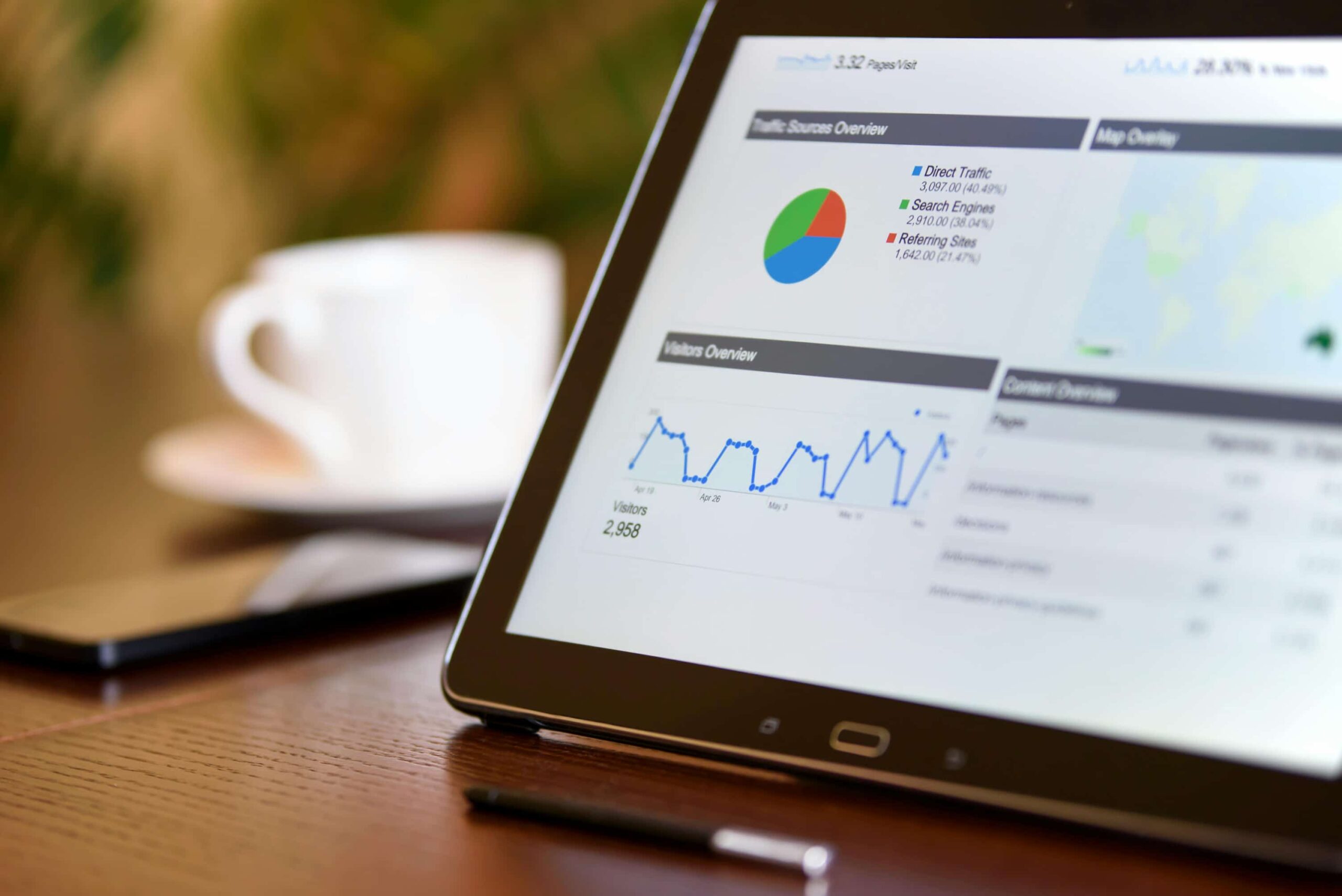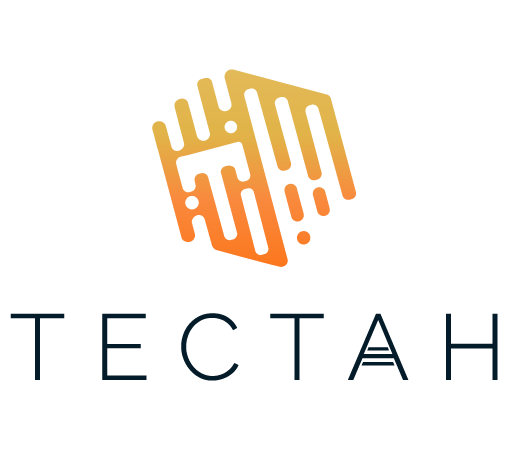In today’s competitive market, managing customer relationships effectively is vital for the success of any business. This is where a CRM system comes into play. But what exactly is a CRM system, and how can it benefit your small business? In this guide, we’ll dive deep into the basics, advanced features, and best practices to help you understand everything about customer relationship management software for small businesses.

What Does Your Business Need Help With?
Get in Touch
What is a CRM System?
A CRM or Customer Relationship Management system is software designed to help businesses manage and optimize customer interactions. It is a centralized hub for storing customer data, tracking interactions, automating tasks, and improving customer satisfaction.
For small businesses, a CRM system can simplify operations, provide insights into customer behavior, and boost sales and retention rates.
Key Features of a CRM System
- Contact Management: Store and organize customer information such as names, emails, phone numbers, and purchase history.
- Lead Management: Track potential customers, assign leads to team members, and monitor their progress.
- Sales Automation: Automate repetitive tasks like follow-up emails, reminders, and data entry.
- Reporting and Analytics: Generate detailed reports to track performance, sales trends, and customer behavior.
- Integration: Connect with tools like email, marketing software, and accounting systems to streamline operations.
Why Do Small Businesses Need a CRM System?
Running a small business means juggling multiple responsibilities—managing sales, handling marketing campaigns, and maintaining customer relationships. A CRM system for small businesses helps you streamline these processes, ensuring efficiency and better decision-making.
Benefits of a CRM System for Small Businesses
- Improved Customer Relationships
By centralizing customer data, you can personalize interactions, respond quickly to inquiries, and anticipate customer needs. - Enhanced Productivity
Automate repetitive tasks, freeing up time for you and your team to focus on strategic goals. - Better Sales Management
Track your sales pipeline, monitor leads, and close deals faster with a structured approach. - Informed Decision-Making
Use data and insights from the CRM system to make informed decisions about marketing strategies, product improvements, and customer service. - Scalability
As your business grows, your CRM can adapt, ensuring your customer management processes remain effective.
Types of CRM Systems
1. Operational CRM
Focuses on automating day-to-day business operations like sales, marketing, and customer service. It’s perfect for small businesses looking to streamline their workflow.
2. Analytical CRM
Helps analyze customer data to identify trends and improve decision-making. It’s ideal for businesses focusing on data-driven strategies.
3. Collaborative CRM
Facilitates communication between teams and departments, ensuring everyone has access to updated customer information.
Choosing the Best CRM Tool for Small Businesses
Not all CRM systems are created equal, and selecting the right one for your small business is crucial. Here’s what to consider:
- Ease of Use
Look for software with a user-friendly interface, especially if you or your team are new to CRM tools. - Scalability
Choose a CRM system that can grow with your business, offering features you might need in the future. - Integration
Ensure the CRM integrates with the tools you already use, such as email clients, marketing platforms, and payment systems. - Cost
Small businesses often operate on tight budgets. Opt for a CRM that offers great value without unnecessary features. - Customization
The best CRM tools allow you to tailor the software to fit your business processes.
Advanced Features to Look For in CRM Systems
Once you’ve mastered the basics, consider upgrading to CRM software that offers advanced capabilities:
- AI-Powered Insights: Predict customer behavior and suggest next steps using AI.
- Mobile CRM: Manage your CRM on the go with mobile apps.
- Social Media Integration: Monitor and engage with customers across social platforms.
- Workflow Automation: Automate complex workflows to save time and reduce errors.
- Custom Dashboards: Get an overview of metrics that matter most to your business.
How to Implement a CRM System for Your Small Business
- Identify Your Needs
Determine your goals, pain points, and must-have features. - Choose the Right CRM
Evaluate options based on ease of use, cost, and functionality. - Train Your Team
Provide thorough training to ensure everyone can use the system effectively. - Migrate Data
Import existing customer data into the new CRM system. - Monitor and Optimize
Regularly review your CRM usage and adjust processes to maximize its potential.
Tectah: Your Partner in Business Growth
At Tectah, we understand the unique needs of small businesses. Our comprehensive solutions—from credit and debit card processing to EPOS systems—are designed to work harmoniously with CRM platforms. We help you:
- Streamline Operations: Simplify workflows by connecting CRM, EPOS, and payment systems.
- Enhance Customer Experience: Deliver personalized service based on data insights.
- Achieve Business Success: Leverage cutting-edge tools to manage and grow your business effectively.
Conclusion
A CRM system is no longer a luxury—it’s a necessity for small businesses aiming to thrive in today’s competitive landscape. From improving customer relationships to automating tasks, a well-implemented CRM system can transform the way you operate.
If you’re looking for the best CRM tool for small businesses or want expert guidance on choosing the right customer relationship management software, contact Tectah today. We’ll help you find the perfect solution to grow your business.
FAQs
How much does a CRM system cost?
Prices range from free plans (like HubSpot) to advanced packages costing hundreds of pounds per month. Choose a plan that fits your budget and requirements.
Can a small business benefit from a CRM system?
Absolutely! A CRM system helps small businesses improve efficiency, enhance customer relationships, and boost sales.
What is the difference between CRM and client management software?
While both manage customer information, CRM systems typically include additional tools for marketing automation, sales tracking, and analytics.

